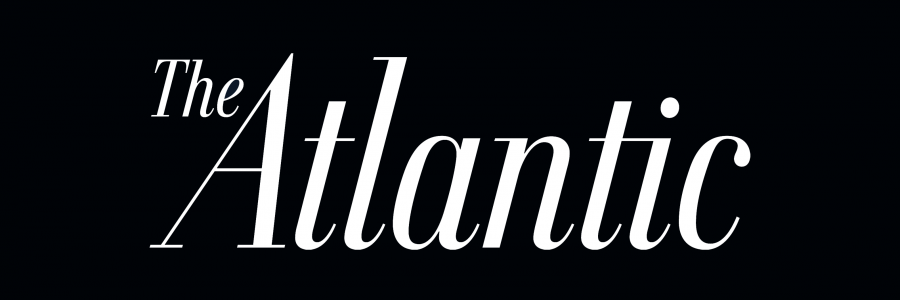Dr. Virginia Hayssen on NPR’s Shortwave: “Is The Sperm Race A Fairy Tale?”
Transcript: EMILY KWONG, HOST: Hey, everybody. Emily Kwong here. So this is a Back To School episode where we revisit something you may have learned in school. And this time, we are focusing on conception, using all of the medical terminology you might expect in an episode about how babies get made. So just… Read More Dr. Virginia Hayssen on NPR’s Shortwave: “Is The Sperm Race A Fairy Tale?”
